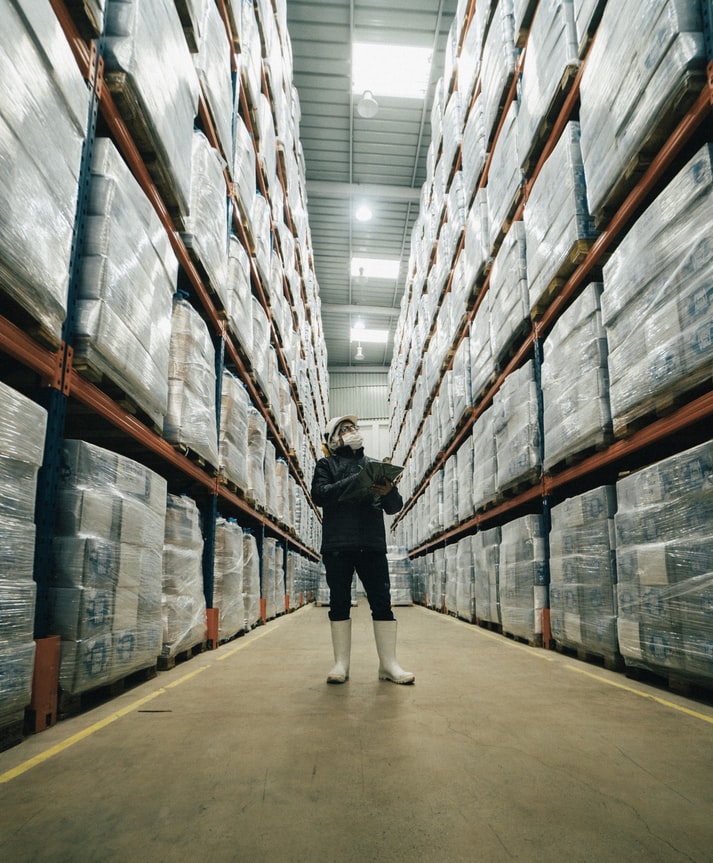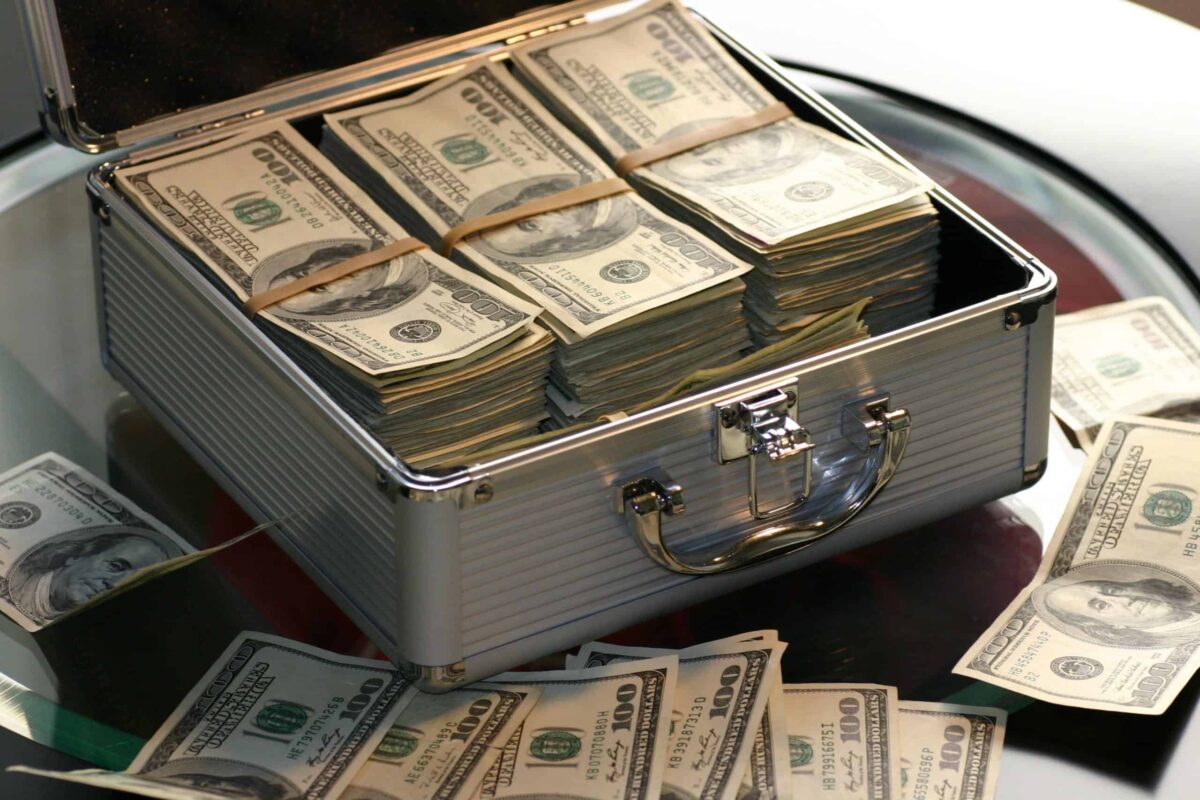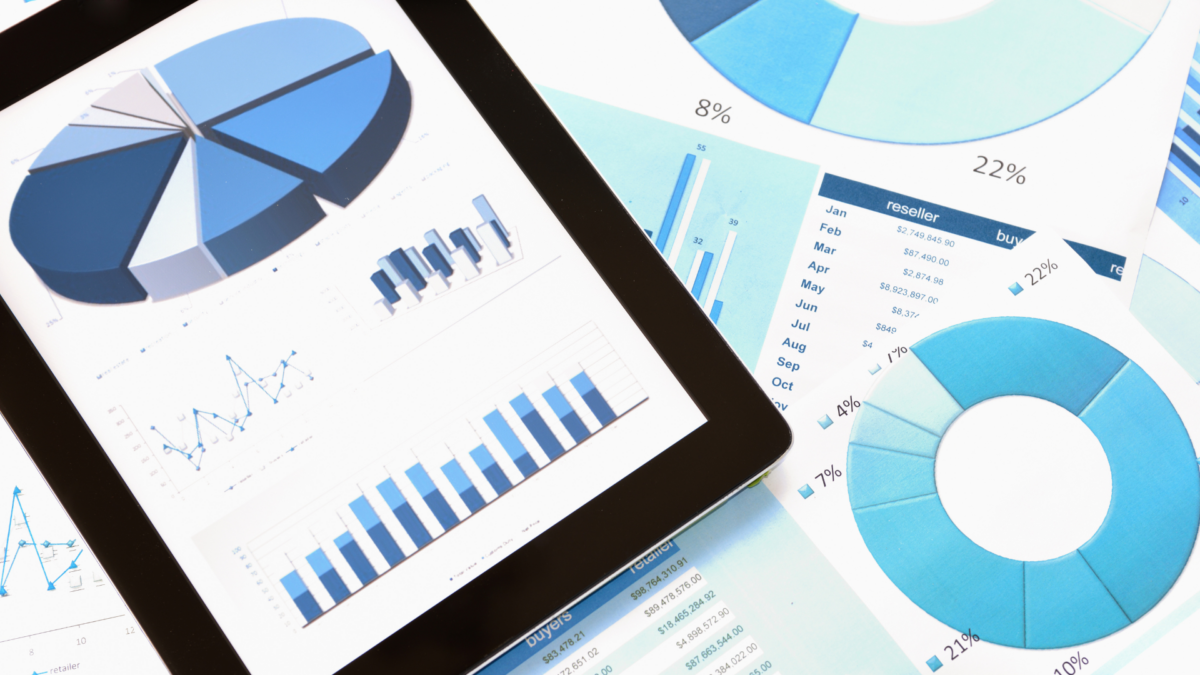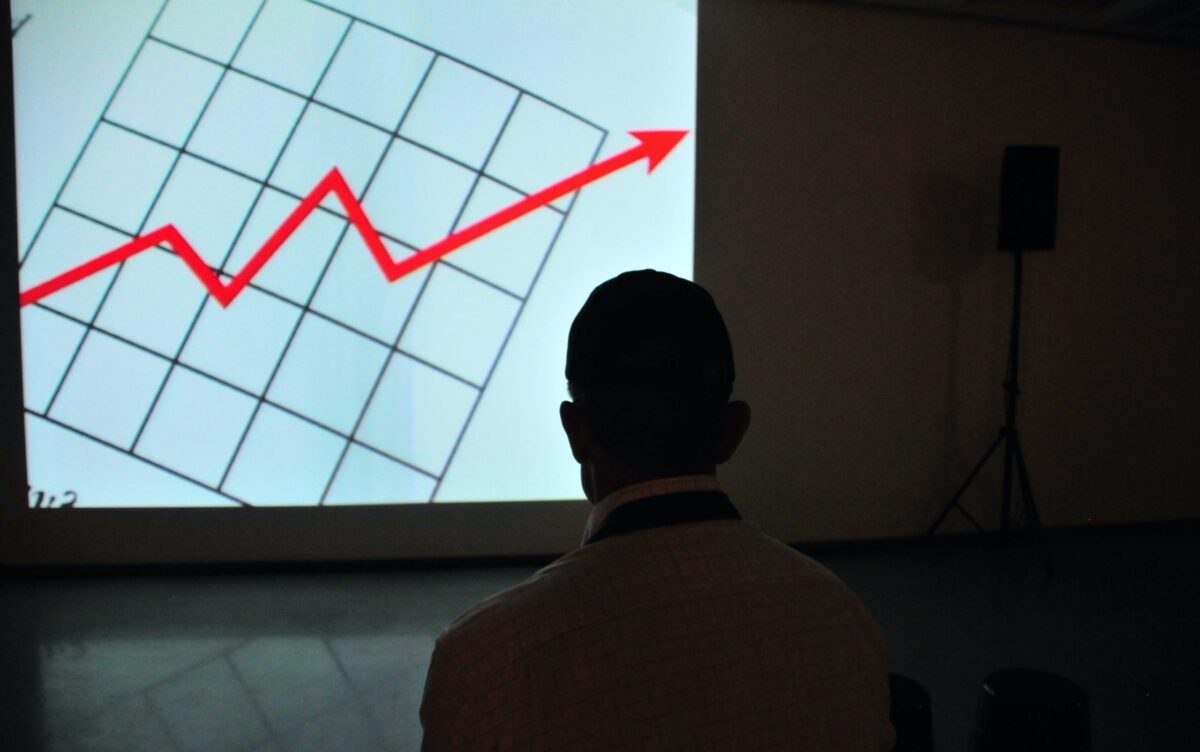What is a Distributor?
Most consumer goods (CPG) brands and companies will start off using self-distribution because it’s the most cost effective option at the time. But as your business grows and your inventory expands, self-distribution is no longer a viable option.
And that’s when you’ll likely start looking for a distributor. Distribution is key to maintaining and growing your sales, and is a central part of any CPG business. This has proven even more important during the Covid-19 pandemic with the increase in consumers shopping online and the shift to a direct-to-consumer mindset. A mindset that has taken the CPG food and beverages industry by storm. That’s why choosing a good distributor and building a good relationship with them is essential.
What exactly does a distributor do though? Well, they purchase your products, store them, and then sell them through a distribution channel. Distributors work on behalf of your company, and are the go-to between manufacturers and retailers or consumers. They also tend to have good connections with client, so working with a distributor could lead to an expansion in your client base too, as well as hiring a CPG broker.
What Makes a Good Distributor?
So, you’ve decided you want to look for a distributor for your business, but with so many distributors out there, it’s hard to gauge who’s a good option and who isn’t. Working with the right distributor can help in building brand awareness, increase sales, and form better relationships with retailers. Most good distributors will have the following elements:
- An industry expert – Whether a distributor knows their industry and has a good reputation within it will become evident in your initial research, and it’s important to your business that they know their stuff! An expert will have a wealth of knowledge and resources available to you that will help in achieving your goals as a business and overcome any challenges along the way.
- Resources and equipment – A good distributor will have the necessary equipment and service level you need to get the products to your consumers and keep them happy. As well as that, they’ll know that the relationship with the customer does not end following the sale, so they’ll also be ready to address any customer service issues that crop up.
- Communication and adaptability – Not all customers are the same, and so the purchasing experience should really reflect that. A distributor that adapts and customizes the purchasing experience to your customers, as well as adapting to the needs of your business is a good choice.

How to Prepare to Sell to a Distributor?
Some distributors may contact you about representing your business, but this is quite rare, and it’s more likely that you’ll need to be the one pitching to them. But before you dive in and start talking to distributors, make sure you’ve followed these four things before you start pitching:
- Know their business – Before you even begin to contact distributors, it’s a good idea to get to know their business. Which regions do they work in? What type of retailers do they specialize in? What types of stores do they service? Knowing the answers to these questions, and more, will ensure you’re contacting the right people.
- Embracing partnership – Distributors are looking for business they can form a partnership with, and not someone who assumes that they will do all the work for them. So, making it clear that your business will put the time and effort in will go a long way when pitching to distributors.
- Open to new ideas – A good distributor may have ideas for you when it comes to which retailers to go for, product promotion, or updating the packaging. Therefore, it’s important to go into discussions with distributors with an open mind, as nobody wants their opinion, especially as an industry expert, shut down before they’ve even had a chance to explain it.
How to Build a Good Distributor Relationship from the Start
As we’ve already mentioned, going into a distributor relationship is all about embracing the partnership mindset and being open-minded. But once you’ve established a relationship with your distributor, it’s vital you maintain this relationship throughout the whole process. Good communication is always important, but especially with your distributor. It will ensure that you’re both on the same page and know exactly what’s expected of the both of you in this partnership. And it’ll also mean that any challenges or issues that come up during the distribution process are sorted out quickly and efficiently.
A part of having good communication is setting clear expectations. At the start of your relationship, you should detail exactly what you want your distributor to achieve and a timeline for this, and how this then fits in with your own targets and goals. Clear and communicated expectations will give both you and your distributor something to measure progress against, which will in turn contribute to smoothing out any issues without it having too much of an effect on retailers or consumers.
Regular check-ins with your distributor will also help to solidify your working relationship, as it both adds to the feeling of a partnership, and gives you both the opportunity to regularly feedback any updates and ideas when it comes to your products and business.
Need More Help Finding a Distributor?
If after reading this article, you’re still a little lost about where exactly to start when it comes to researching and finding good distributors then worry not! That’s what we at Simple Startup are here to do – support you and your business every step along the way. We can help you to identify good distributors who are the best match for your business, and how to move forward when you do find a great distributor for your brand. We’d love to continue this conversation offline, so simply book a call with us!





